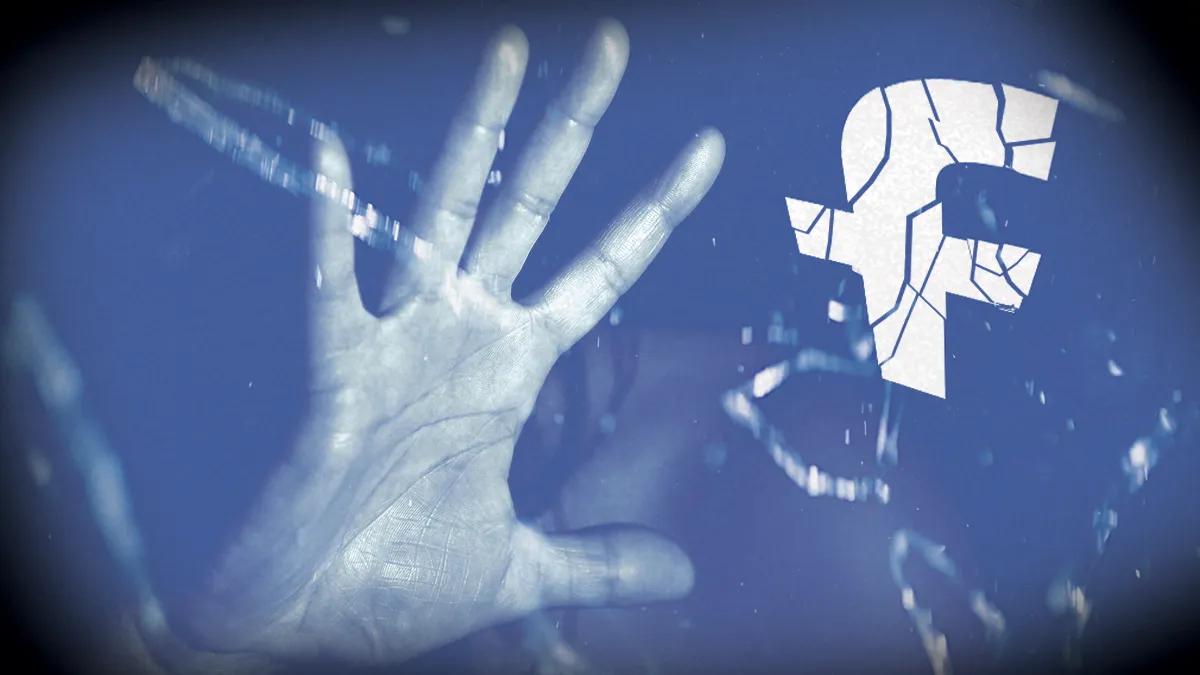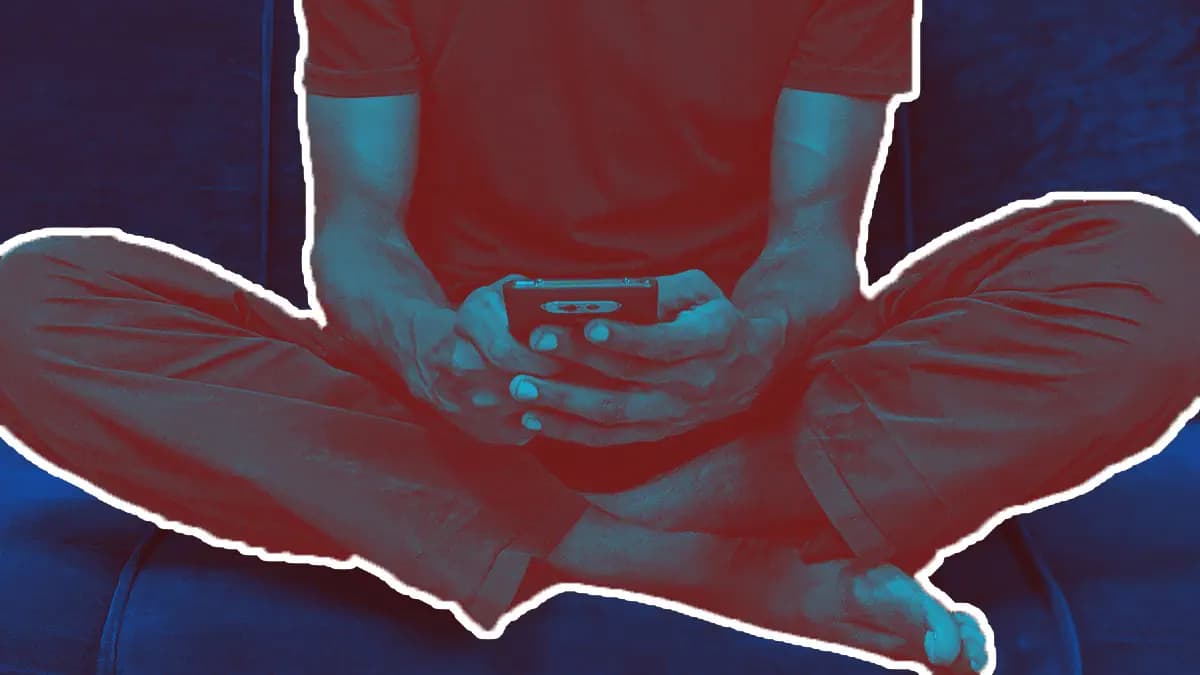Six ways social media can harm your health
6 January 2021 at 11:56 · 5 min read

By 2021, trends suggest that more than half of the world’s total population will be on social media.
Other reports have the number of active social media users already 3.8 billion, which would indicate that nearly 60% of the world’s population could already be online. Whatever the correct figure, it is clear that social media has become an integral and almost unavoidable part of our lives.
Such platforms can have their benefits but have also been proven to cause unhappiness and mental health issues such as anxiety or depression when used too much or without caution. One study reported that out of 1000 ‘Generation Z’ individuals aged 5-25, 34% were planning on quitting social media as 41% stated that social media platforms made them feel anxious, sad or depressed.
So-called ‘social media addiction’ is thought to affect around 5% of young people, and has recently been described as potentially more addictive than alcohol and cigarettes. The ‘urge’ to check one’s social media is thought to be linked to both instant gratification (i.e. the need to experience fast, short term pleasure) and dopamine production (i.e. the chemical in the brain associated with reward and pleasure).
With that in mind here are six ways that social media could be negatively affecting your mental health:
1. Unfulfilled Gratification
Compulsive use of social media can be dangerous if the expected gratification is not experienced. People can easily end up internalising beliefs that this is due to being ‘unpopular’ or ‘unfunny.’ A lack of ‘likes’ may cause negative self-reflection, and a continual ‘refreshing’ of the social media platform in the hope of receiving more ‘likes,’ and achieving more personal validation.
In such cases, the absence of this gratification can amplify feelings of anxiety and loneliness. For instance, a study conducted by the OECD found that those who used social media more intensively had lower life satisfaction on average.
2. Sleep and sleep quality
Using social media compulsively can damage sleeping patterns, which has a further adverse effect on young people’s performance in school. Getting worked up with anxiety or envy reduces the brain’s ability to prepare for sleep, as social media keeps us in this state of high alertness.
Sleep loss works in a vicious cycle of reinforcement against mental health, wherein, a loss of sleep due to night time social media use leads to poorer mental health, and poor mental health can lead to more intense night-time social media use and further sleep loss.
3. Fear of missing out
FOMO is a concept that has been linked to intensive social media use and is associated with lower overall mood and life satisfaction. Fear of Missing Out (FOMO) specifically refers to 'a pervasive apprehension that others might be having rewarding experiences from which one is absent', and is ‘characterised by the desire to stay continually connected with what others are doing’. We have become more aware of what we are missing out on - for example, by seeing pictures of friends having a good time together in one’s absence.
‘Always on’ communication technology can reinforce feelings of anxiety, loneliness and inadequacy by highlighting these activities, compelling users to stay continually engaged and up to date due to a fear of not being involved. We are inherently social beings who desire group and human interaction, and exclusion - even if only perceived rather than actual - can have a damaging psychological impact on us.
4. Promoting unreasonable expectations
Social media platforms might have the potential to damage mental wellbeing by promoting unreasonable expectations. Social media has been linked to poor self-esteem and self-image through the advent of image manipulation on photo-sharing platforms.
The notion of the ‘idealised body image’ has arguably been detrimental to many users’ self-esteem, in particular that of young women. These manipulated images promote and entrench unrealistic expectations of how people should look and behave. When these are not met, the impact on our self-esteem can be damaging. But the effects are not limited to young women and body-specific issues. As social media becomes ever more pervasive, other demographics are experiencing the knock-on effects of high expectations for anything from their appearance, partnerships, holidays, or jobs relative to the perceived success of others.
5. Memory
Even though social media can be great for looking back fondly on memories and recounting old stories, it can also distort the ways in which you remember aspects of your life.
Instead of absorbing the firsthand experience, many of us are guilty of spending far too much time trying to take the perfect photo, spending too much time on our phones, and trying to capture the best shots for our social media followers to admire. Sometimes this can detract from those other aspects of the experience, undermining the happiness we could be gleaning from them.
6. Attention span
We should all be aware of the extent to which our brains are able to fully concentrate when we are awake. While it is incredible to consider the amount of information readily available at our fingertips thanks to social media, it also means that people have become far more easily distracted. Social media gives us the constant opportunity to give in to the temptation of instant, easy-access entertainment at the expense of our long term goals and happiness.

